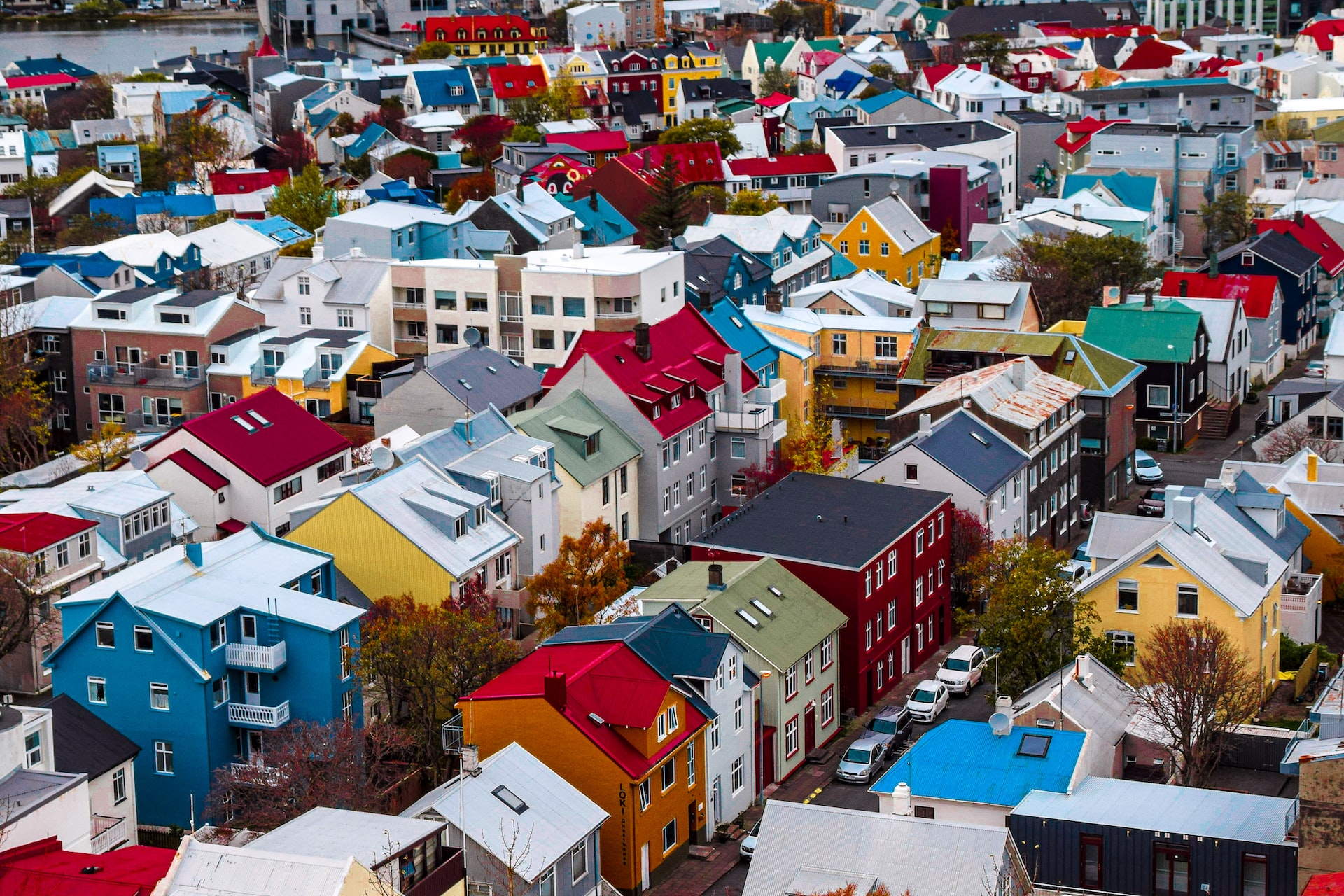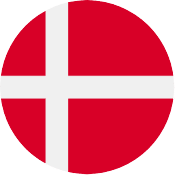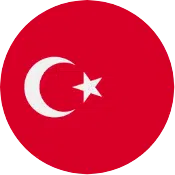
Language of Iceland
The small Nordic island country of Iceland is located in the North Atlantic and Arctic Oceans. With a population of under 375,000 people, Iceland is a small country. In terms demography and physical size. However, it is found in dream holiday lists across the world. The stunning scenery, friendly culture and musical influences are known across the planet. One other temptation to visit this small island is its multi-lingual population. The language of Iceland is varied and diverse. Many inhabitants speak many different languages.
We have taken a look at the languages spoke in Iceland and their popularity across the nation. While the country may seem isolated, it has a history of foreign influence from across Europe. These influences have helped create a multi-lingual country as diverse as countries multiple times it size.

Official Language of Iceland
The official language of Iceland is Icelandic. This language is spoken by over 300,000 people as their first language. Due to its location it is hardly a surprise that Icelandic has close relatives in Faroese and Norwegian. The language is classed as a North Germanic language. Its first examples of written use dates back to 1100AD.
As a member of the Nordic Council, Icelandic residents and speakers have the right to converse with other country members in Icelandic without incurring translation costs or penalties. This act came in to place in 1987. It means that the Nordic Language Convention will cover any costs incurred during visits to hospitals, job centres, police stations and social security offices. But, it is rarely used due to the fact the majority of Iceland residents can either converse in other Scandinavian languages or English.
English in Iceland
The use of English in Iceland is widespread. Almost 98% of the population have a grasp of the English language. A large percentage is fluent in English. The teaching of English is mandatory in schools from the age of 8. Many continue to study it as a second language into further education.

As well as the studying of the language from an early age, Icelanders are also exposed to English speaking media. Be it from music or television and film, the accessibility of English media is widespread. The popularity of English is most obvious when looking at Icelandic musical artists. Many artists have broken into markets across the world. Artists such as Björk and Of Monsters and Men have had successful careers in the UK and US with songs sung in English.
The history of English in Iceland can be traced back to historic trade routes and explorers visiting the island. The proximity to the UK is also a factor which can be attributed to the use of English. So for those thinking of visiting Iceland and being concerned about the language use, fear not. It will be very difficult to find a native who cannot speak English to some degree.
Other Languages of Iceland
As well as English, it is not uncommon to find other languages being comfortable spoken by local residents. Scandinavian languages are most popular as a third or fourth language in the country.
As well as Norwegian, Swedish, Finnish and Danish, it is not uncommon to hear German, Spanish and French in Iceland. This use of mainland European languages can be linked to the amount of visitors and workers from these countries. The historical influence of these languages on the local population can also be attributed to the historic trade routes to the country.
Sign up for our offers
Exclusive discounts on your course with Cactus directly on your inbox!
Conversing in Iceland
Speaking Icelandic is a sure fire way to speak with confidence in Iceland. Yet, there are other alternatives to make sure you get by. English, Danish, Norwegian and Swedish are languages you can learn which will allow you to speak with the local population. Why not start your language learning journey ahead of a trip to Iceland by taking a course in one of these prevalent languages?
Cactus offer a range of English, Danish, Norwegian and Swedish courses suitable for all levels, from beginners to advanced. Not only can you study in one of our language centres, but you can also study at home! With weekly lessons, you can soon build up your skills to be able to converse in one of these countries.

 French
French German
German Italian
Italian Spanish
Spanish Arabic
Arabic Cantonese
Cantonese Czech
Czech Croatian
Croatian Danish
Danish Dutch
Dutch English
English Greek
Greek Hebrew
Hebrew Hindi
Hindi Japanese
Japanese Korean
Korean Norwegian
Norwegian Polish
Polish Portuguese
Portuguese Russian
Russian Swedish
Swedish Thai
Thai Turkish
Turkish Ukrainian
Ukrainian